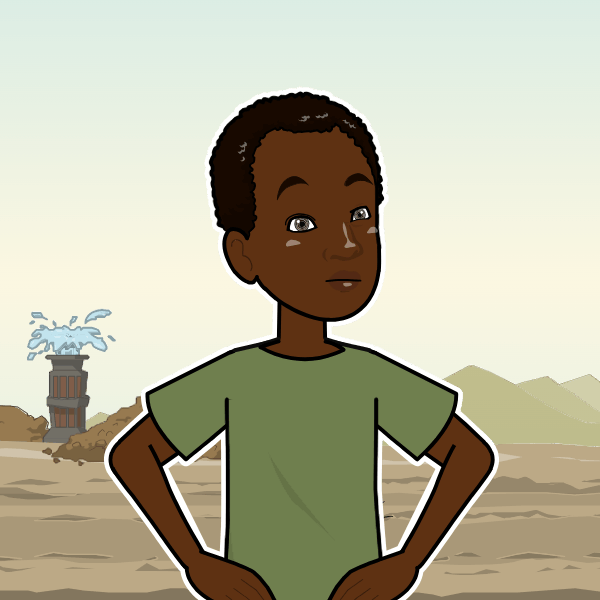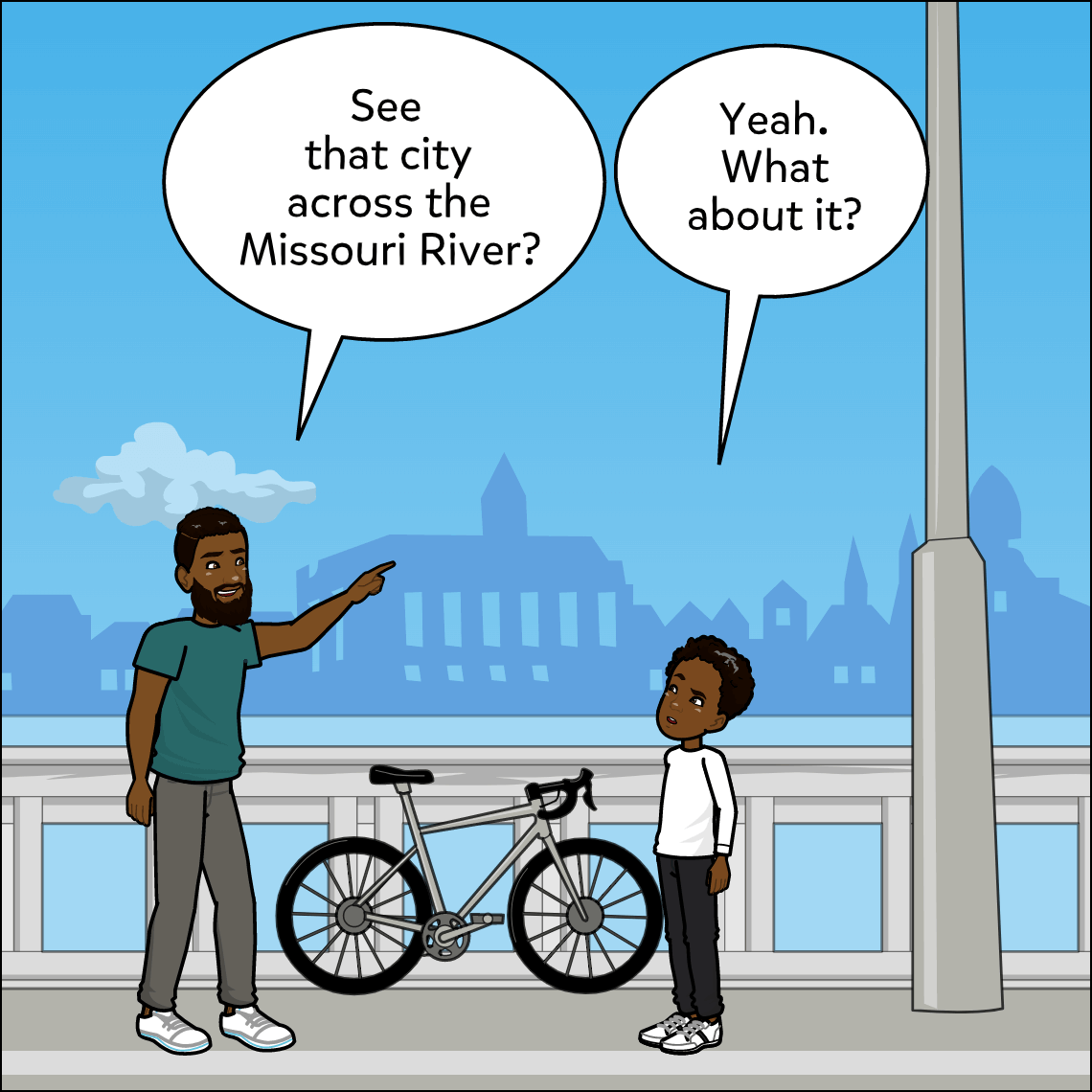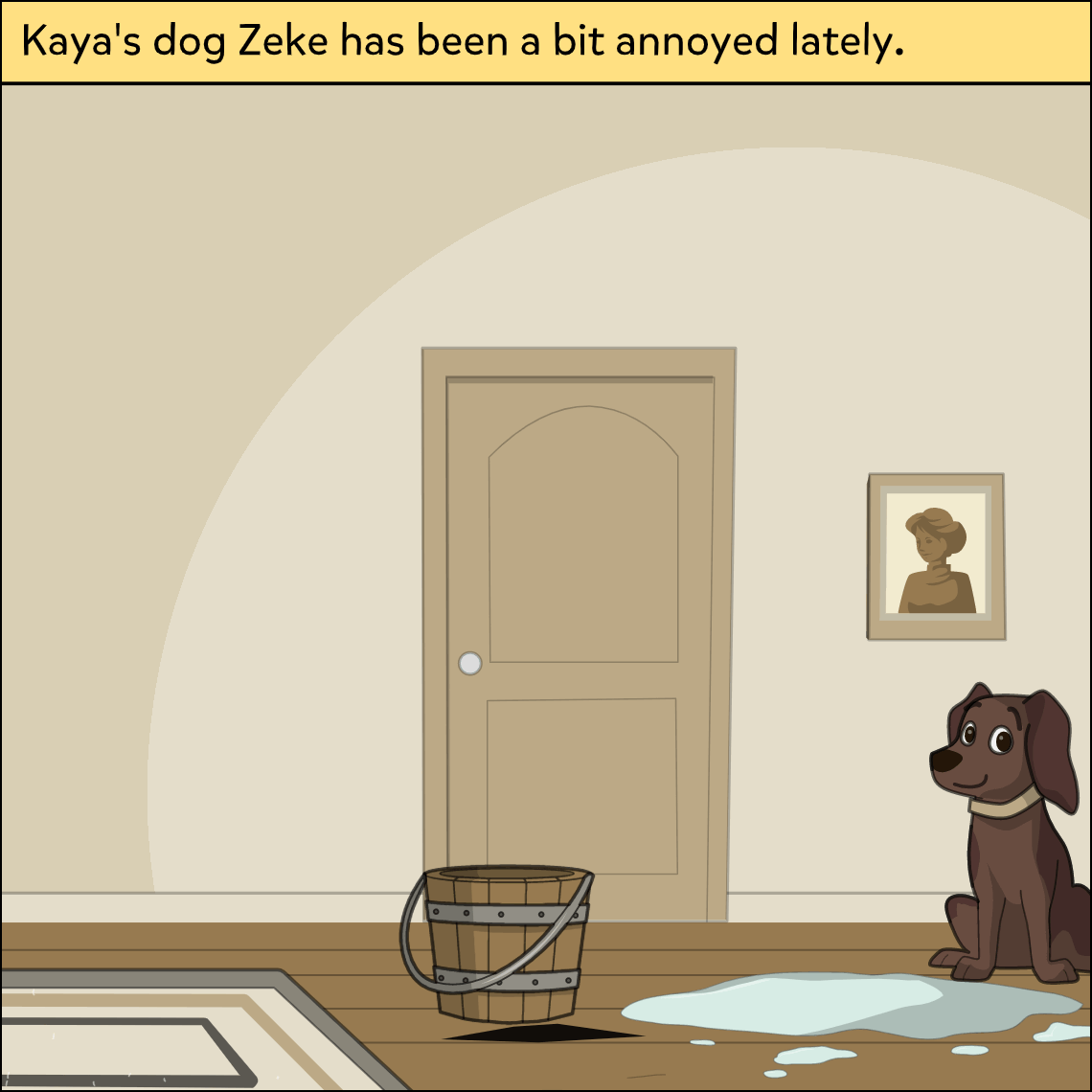Subject: History; Social Studies
Lesson Length: 1 hour
Topic: Understanding Regional Economic Development and Growth
Brief Description: Students will recognize and understand the impact resources have in the development and growth of their region, either locally or statewide.
Know Before You Start: Students should have an understanding of what a resource is, e.g., natural or man-made, and a basic understanding of supply and demand.
Hook:
-
Brainstorm items deemed popular by your students, e.g., PS5, iPhone.
-
Discuss why these items are important to them, asking questions that relate to supply and demand, such as:
-
Why are these items popular?
-
Why do people stand in line to purchase these items when they are first released?
-
Are these items a need or a want?
-
-
Read and discuss the sample comic.
-
Discuss resources that are necessary in your region, e.g., gold in California, steel in Pennsylvania, cotton in South Carolina.
Activity:
-
Have students research a resource, e.g., current or historical, that is important to the development and growth of their region.
- For planning and prewriting, provide students with a mind map graphic organizer. Have students place the name of their resource in the center and add the before, during, and after titles.
- Research the resource and add notes to the mind map.
-
Using the sample comic as a guide, create a before, during, and after comic showing the impact that resource had on the region.
-
Panel 1: Show what the region was like prior to the resource being developed, found or brought to the region.
-
Panel 2: Illustrate the impact of the resource during the highest demand.
-
Panel 3: Show what the region looked like after the resource declined in demand, or make a prediction of the future of the region if the resource continues to be in demand.
-
Closure:
- In 30 seconds or less, students will use the “elevator pitch” strategy to give the big ideas of how their selected resource impacted their region.
Differentiation:
- Allow students to use the speech-to-text feature.
- Allow students to use the voiceover feature to read their comics aloud.
-
Have students classify all the resources as either a man-made resource or a natural resource.
-
Allow students to work in groups or pairs.
-
Provide sentence frames as needed.
-
Use a graphic organizer to plan ideas.
Resources:
-
Comic to print or display: Comic.
- Mind Maps: Option 1, Option 2.
-
Digital resource for creating a mind map.
Suggested Content:
 Energy
Energy
 Rock Cycle
Rock Cycle
 Suburban
Suburban
 Urban
Urban
 Nature
Nature
 A Long Walk To Water
A Long Walk To Water


